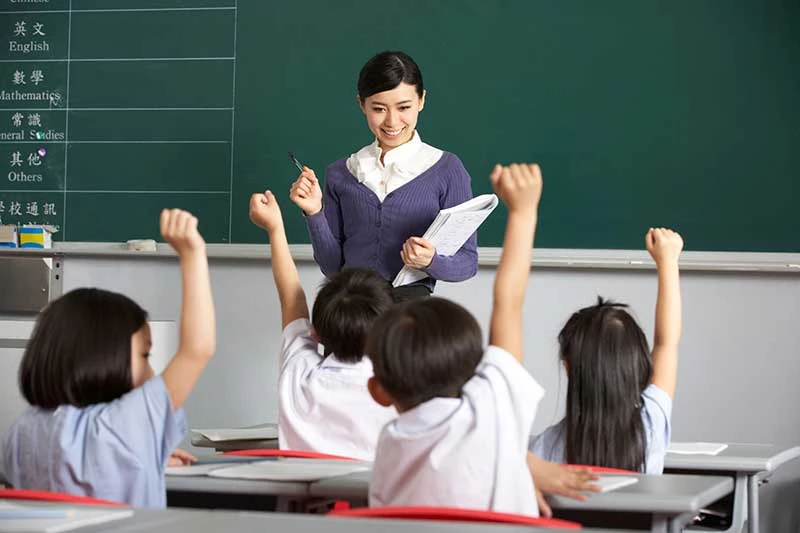Families For Life | Know Your Best Allies: Your Child's Teachers

Miss Leong Sou Cheng, an educator at an international school, shares about effective parent-teacher partnering.
Knowing how and when to partner teachers as a parent is important to your child’s education because research shows children with involved parents have better learning attitude and performance.
Teachers in Singapore have mentor guidance for parent engagement in parent-teacher partnering in their first teaching year. Schools train and support for dialogue and involvement of parents.
Today, over 95% of Singapore schools have PSGs or Parent-Teacher Associations (PTAs), a figure that was just 17% twenty years ago. Evidently, much has been done to encourage parent-teacher partnering.
Especially at primary schools, parent-teacher partnerships have considerably improved with more dialogue and involvement.
Punggol View Primary School, for example, implemented the Three-Directional (3D) dialogues to effectively engage parents in discussion.
Haig Girl’s School also hosted Parent-Child-Teacher Conferencing (PCTC) to facilitate meaningful discussion between children, parents and teachers.
Going beyond parent-teacher dialogue even, former Teck Whye Secondary School principal, Mr Ong Kong Hong, uses Facebook to bring the school community together, as a “less formal platform for networking, sharing and discussion”.
This, however, is just one exception. Digital engagement has not yet become the go-to channel for parents and teachers. When used, the sessions are unfortunately usually less than meaningful. One-sided relationships can achieve only so much.
Parent-teacher engagement typically starts on high activity levels, fading over time as the child grows, and coming back to active levels on the occasions about misdemeanours and academic underperformance. During these exchanges, after periods of non-engagement, tempers flare and blame gets thrown. Parents and teachers after all, do not know each other well, and claims of behaviour will be covered by a fog of biases.
It is understandable parents want to step back to give room to their child as they grow. But in Reggio Emilia philosophy, the child, teacher and family are “inseparable and integrated” elements essential to education. This interlink informs well-being across this chain and ultimately impacts teaching quality in the classroom and familial dynamics in the home. So parents, to the contrary, should remain active in participation but still providing adequate room for the child to independently mature.
Children are clever and they recognise this misfit in the relationship between school and home, parent and teacher. Children who do not manipulate, will want both sides to exist in harmony. Children who do, will push the buttons.
Ultimately, parents and teachers must stay allies because they want the same outcome. They must keep their doors open to each other to form a meaningful and fruitful working relationship for the child’s benefit. Teachers are a formal educating force in the school. Parents are a life force and teacher in a child’s life. Both working in union, is the best support structure for any child.
Contributed by:
Ministry of Education